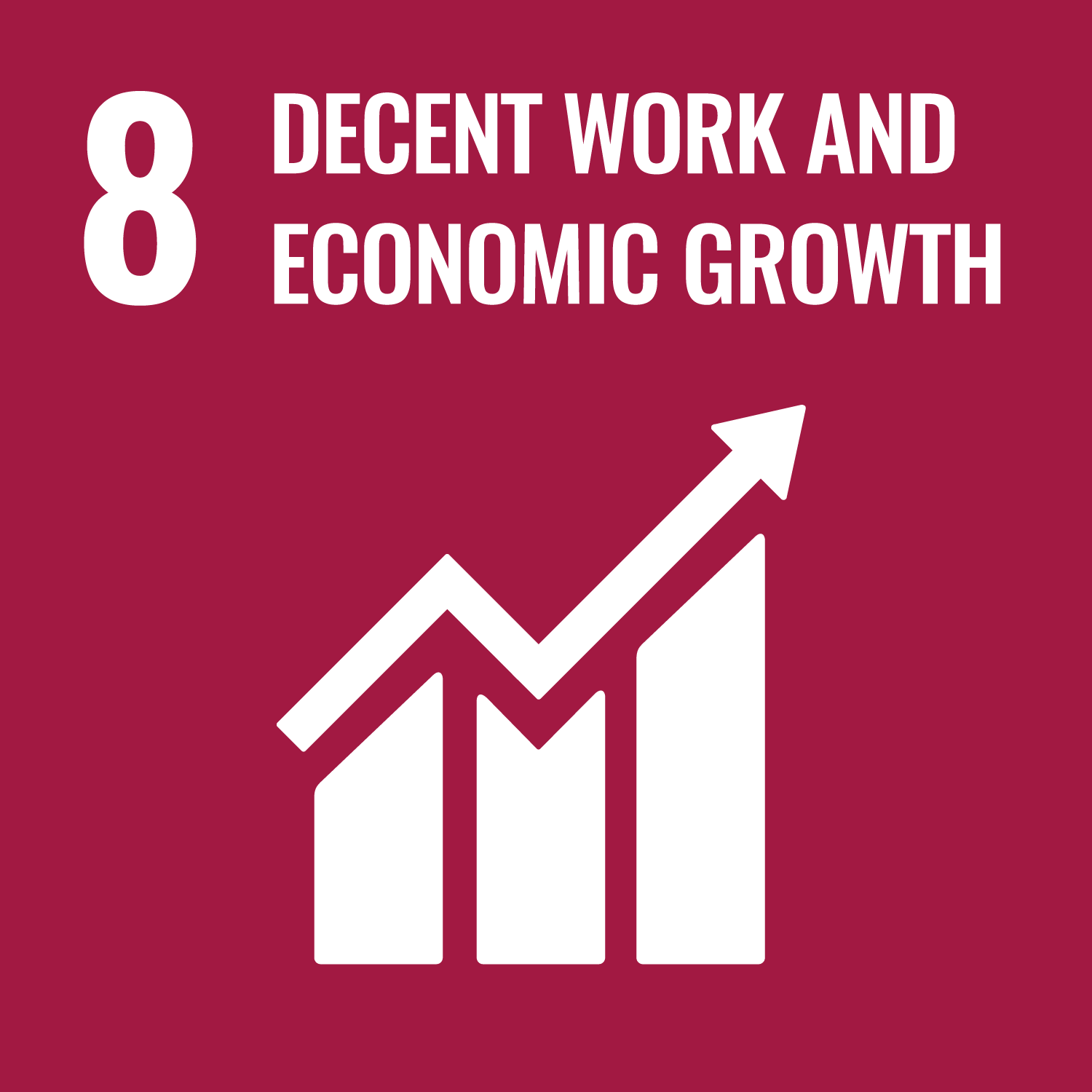ORCID
- Patrick Holden: 0000-0002-7742-8107
Abstract
There have always been tensions within the EU’s external development policy between ethical and self-interested approaches and also between universalist and realpolitik policies. The EU’s structural economic power and global neoliberal dominance have allowed these tensions to be subsumed within its external policies. A range of factors has contributed to the rise of illiberalism globally, leading to heightened geoeconomic rivalry while complex changes in global development governance facilitate the use of aid as an instrument of political and economic self-interest. The EU has reacted to this by re-framing its political approach and policies in an effort to rebalance values and interests. A new realism entered EU discourse and there is evidence of this being applied in specific instruments and policies analysed here. Blended finance instruments are ‘dual use’ in that they can be used for more flexible development policies but also to support EU businesses more directly. The proposal to combine nearly all of the previous aid and cooperation instruments into one single legal instrument will also give the EU unprecedented flexibility to use aid funds for various political purposes. These changes are part of a more complex iterative process in the case of the EU than for other international actors. Interests and values are being reconfigured rather than jettisoned in a ‘realist turn’. However, they still represent a significant adjustment for the EU in terms of aid priorities and modalities.
DOI Link
Publication Date
2020-06-12
Publication Title
Journal of Contemporary European Research
Volume
16
Issue
2
ISSN
1815-347X
Acceptance Date
2020-06-02
Embargo Period
2020-08-11
Keywords
Illiberalism, Geoeconomics, Development, Framing
First Page
101
Last Page
119
Recommended Citation
Holden, P. (2020) 'Irreconcilable tensions? The EU’s development policy in an era of global illiberalism', Journal of Contemporary European Research, 16(2), pp. 101-119. Available at: 10.30950/jcer.v16i2.1073


